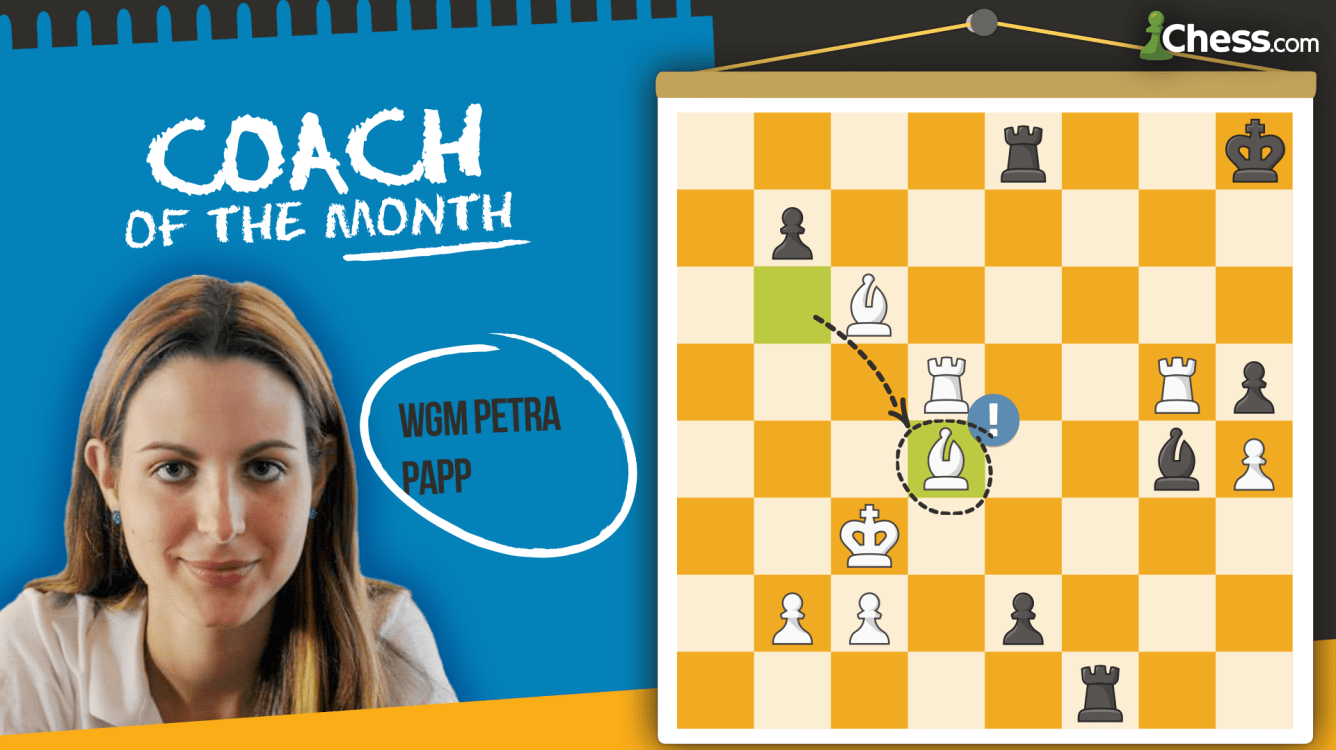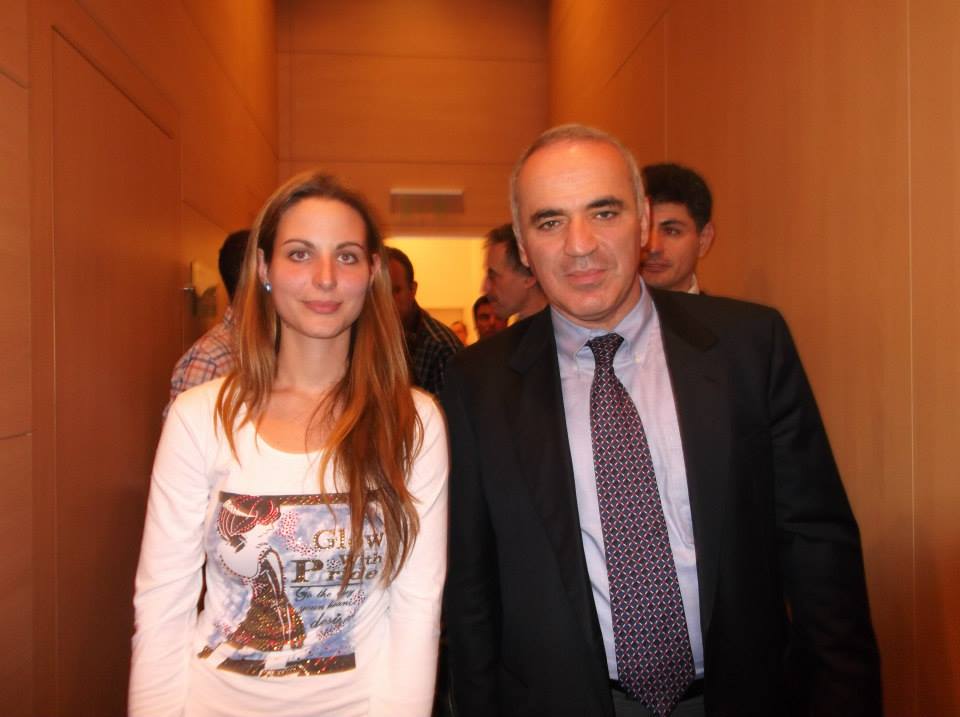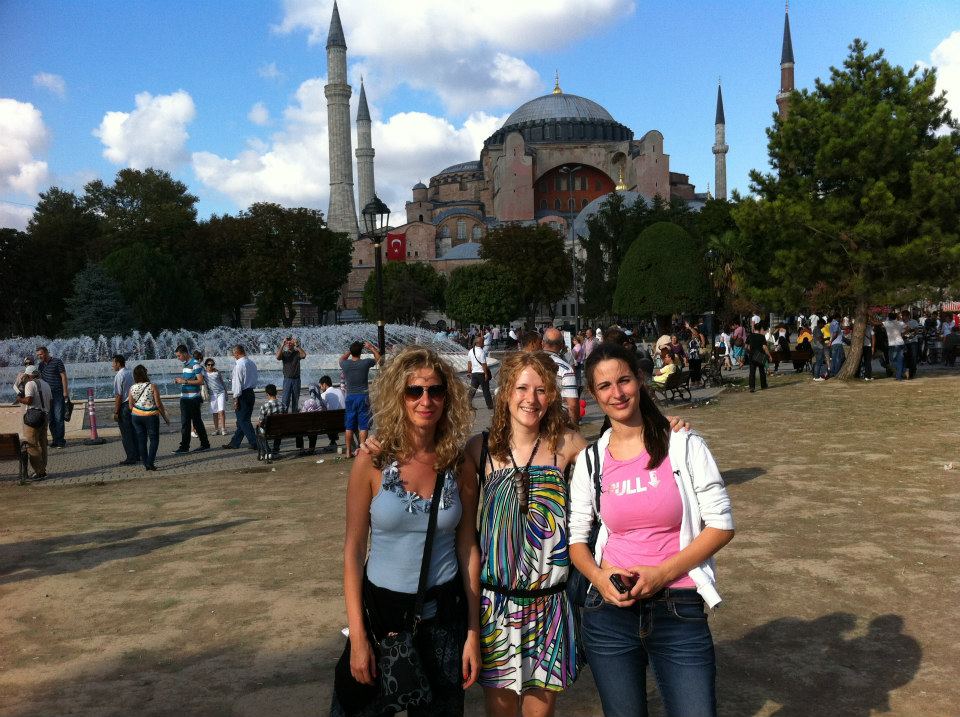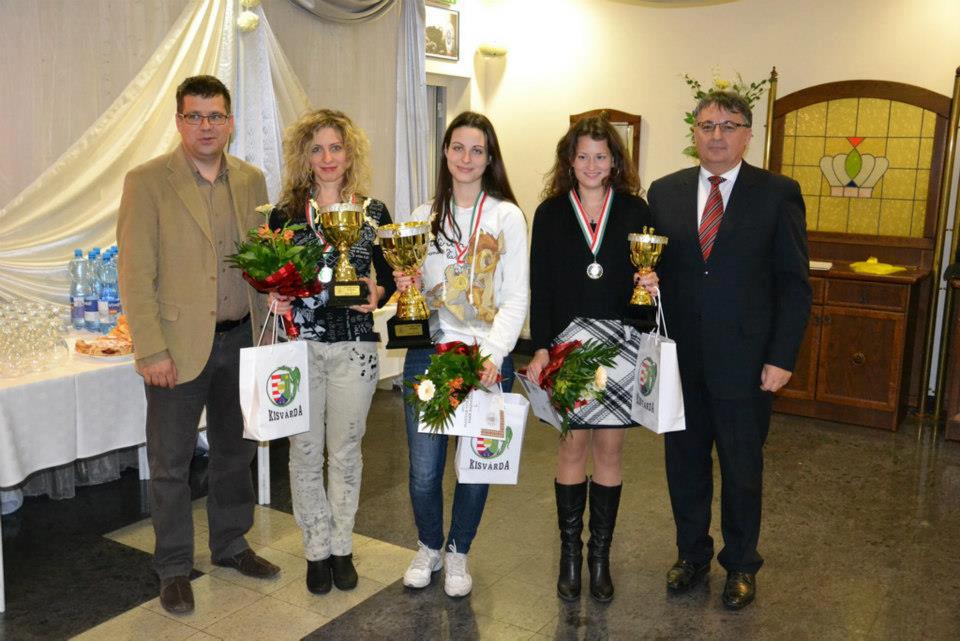
Coach Of The Month: WGM Petra Papp
WGM Petra Papp is a skilled coach and experienced chess player who offers online instruction for students of all levels. With a FIDE rating of 2336, she's able to offer high-level insights and tactical advice to elevate her students' games to the next level, while never forgetting to make chess fun and exciting. Read on for tips on how to improve your chess, fun games and puzzles, and personal stories from this top Hungarian chess coach.
Readers seeking private instruction can contact WGM Petra Papp via her Chess.com profile and can find other skilled coaches at Chess.com/coaches.

At what age were you introduced to chess, and who introduced you?
I was four years old when I learned how to play in my family, but I didn't know the exact rules; I just played random moves. I was about 10 years old when I became more interested in the game and went to a chess club.
What is your first vivid memory of chess?
I remember entering through a big gate to my first chess club and wanting to play with other kids. I also felt in awe looking into the classroom and seeing that everyone was playing chess.
Which coaches were helpful to you in your chess career, and what was the most useful knowledge they imparted to you?
I have had several coaches, not just individually but within a team. I cannot mention all of them; I have to keep it to the coaches who I worked with for the most amount of time.
I am grateful for Jozsef Herpai. He helped me from the beginner level until about 1800-1900 and was also the first coach of GM Peter Leko. We solved a lot of tactics together. During that time, Valer Miko and FM Laszlo Csuri gave me instrumental lessons as well. I am also grateful to GM Krisztian Szabo and IM Laszlo Hazai. They taught me how to work on various openings and gave me a good repertoire. I also had training sessions with GMs Viktor Erdos and Lajos Portisch, who helped give me a greater understanding of chess.
On the national team, GMs Gabor Papp, Robert Ruck, and Tamas Banusz gave excellent classes on specific openings.
I should also mention my husband, GM Sergey Grigoriants, who for around 10 years has given me clever ideas and has taught me more about chess.
[WGM Petra Papp] is an incredible teacher and has helped me to become a much stronger chess player. I have learned to be more strategic and develop with my tactics.
— @speaker21
Which game do you consider your "Magnus Opus?"
One of my favorite games was against GM Nana Dzagnidze. Before this game, I decided not to play for a draw against a much higher-rated opponent. Earlier in the same tournament, I played for a draw against GM Vasyl Ivanchuk; after 7 hours I lost because I played the whole game for a draw and made a lot of inaccurate moves.
So I think it's not a good strategy to play for simplifications and hope to reach a draw, even against a higher-rated opponent.
As a result, in this game, I tried to keep more pieces on the board as I usually do against weaker opponents, and I tried to play in a principled fashion. I sacrificed a pawn for the initiative and resisted simplifying despite being pressured. Also, I think it's a good game to showcase how to use the bishop pair.
How would you describe your approach to chess coaching?
For me, it's essential to be flexible. In the first lessons, I am trying to see what the student is like in terms of their chess, and then trying to help them improve through that approach. If there's a weakness or hole in their game, I try to fix it. Giving homework is important as well.
I genuinely believe that a good coach can help a student in the long term, so neither party should be impatient. Hard work always pays off.

What do you consider your responsibility as a coach, and which responsibilities fall on a student?
For me, it's essential that the students think during the lessons, so I ask many questions and explain the logic behind the moves. I follow my students' online games when I have free time, and I always conclude what I should show next time in the lessons.
From my students, I generally ask that they try to slow down in their games; they should be responsible with their moves and play with a plan. Like GM Mikhail Chigorin said: "Even a poor plan is better than no plan at all."
I ask students to play chess regularly over the board or online and solve a lot of tactical positions. I believe that until about the 1900 rating, usually the most significant mistakes that players are committing are wrong calculations.
WGM Petra Papp is a fantastic chess coach and is so enthusiastic about the game. Her teaching style is flexible, enjoyable, and she is always so positive and pushes me to become the best player I can be. I've already gained around 200 rating points working with her for just over a month, and I look forward to becoming even stronger in the long term.
— @kidA89
What is a piece of advice that you give your students that more chess players could benefit from?
You should think about each move, not play randomly. Like I said earlier, remember Chigorin's famous quote: "Even a poor plan is better than no plan at all."
What is your favorite teaching game that our readers might not have seen before?
I like this game between GM Vladimir Kramnik and GM Peter Leko in 2004 at the World Championship in Brissago—an excellent winning Marshall game with the black pieces.

What puzzle that you give students tells you the most about how they think?
Do you prefer to teach online or offline? What do you think is different about teaching online?
I like teaching online more. I think I can show a lot more material than over the board, where it takes so much more time to set up the positions.
WGM Petra Papp has improved my knowledge of opening theory tremendously.
— @bobbiesfissure
What do you consider the most valuable training tool that the internet provides?
I use the Chess.com website a lot. I like the Puzzle Rush tool, Vision, and practicing endgames especially.
Lastly, which underappreciated chess book should every chess player read?
Averbakh's Chess Endings: Rook Endgames.
Are you a chess coach who's looking to find new students, build your brand, and get paid more for the work that you're already doing? Check out Chess.com's Coach Affiliate Program.
Previous Coaches of the Month:
- Andrey Malkhasyan
- IM Pawel Weichhold
- AGM Jack Rodgers
- FM Alessandro Santagati
- FM Amir Hadzovic
- WFM Fruzsina Szente-Varga
- WIM Tijana Blagojevic
- Charlie Rosado
- GM Swapnil Dhopade
- IM Alberto Chueca
- Frank Johnson
- WGM Keti Tsatsalashvili
- IM Kostya Kavutskiy
- GM Arturs Neiksans
- FM James Canty III
- IM Levy Rozman
- CM Gabor Horvath
- AGM Colin Stapczynski
- NM Bojan Lukajic
- IM Mateusz Bobula
- IM Attila Turzo
- GM Max Illingworth






